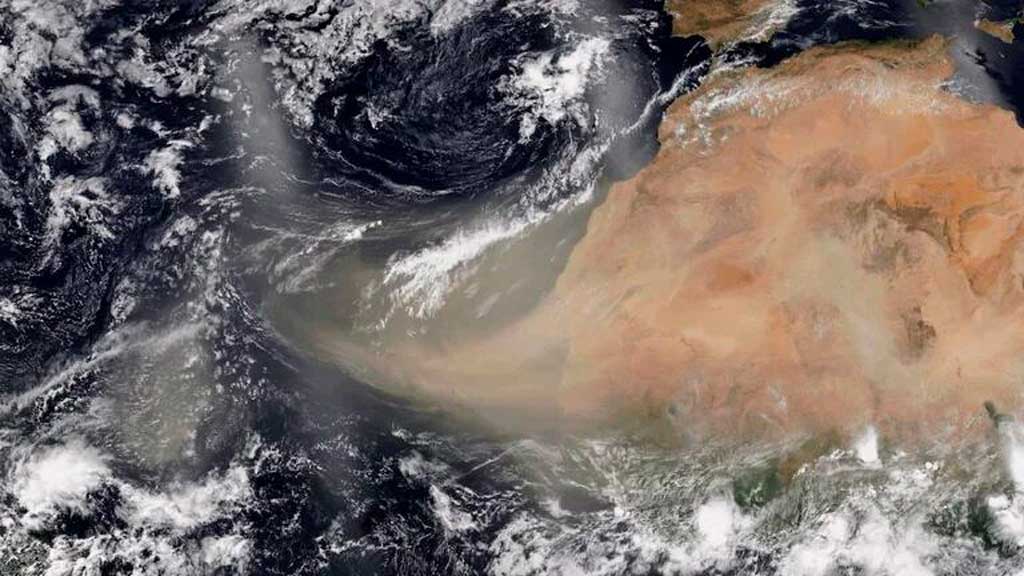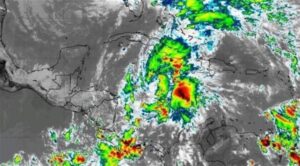Several Caribbean nations will experience a sharp deterioration in air quality today due to the arrival of a dense layer of dust from the Sahara, which could also affect the health of people with respiratory problems.
Forecasts agree that the territories located in the so-called Lesser Antilles arc will receive the greatest impact of the phenomenon, but Trinidad and Tobago and neighbouring Venezuela will also be under its influence.
Barbados and other islands activated the warnings, with the warning that during this day and possibly until Thursday will prevail low visibility on public roads and a dense fog in the atmosphere that will hinder both land transportation, air and sea navigation.
High levels of unhealthiness are expected due to the concentration of floating particles in the air and, therefore, there is a health risk for the vulnerable population.
Each year dust plumes rise from the African continent and move westward under the flow of the trade winds and spread across the Atlantic Ocean to the Caribbean Sea, the southeastern United States, Mexico and Central America.
According to experts, they are generated by sand and dust storms from the Sahara desert and the Sahel region, which reach heights of three to seven kilometres and are often laden with material that is harmful to human health.
The phenomenon triggers allergies and therefore puts asthmatics and other individuals with certain pathologies and chronic obstructive pulmonary disease at high risk.
In addition, it can cause skin and eye irritation, as well as a risk of waterborne diseases.
However, Saharan dust brings numerous mineral particles such as iron, calcium, phosphorus, silica, clay, as well as bacteria, fungi, mites and pollens, which are beneficial to nature.




